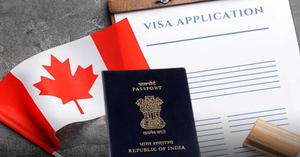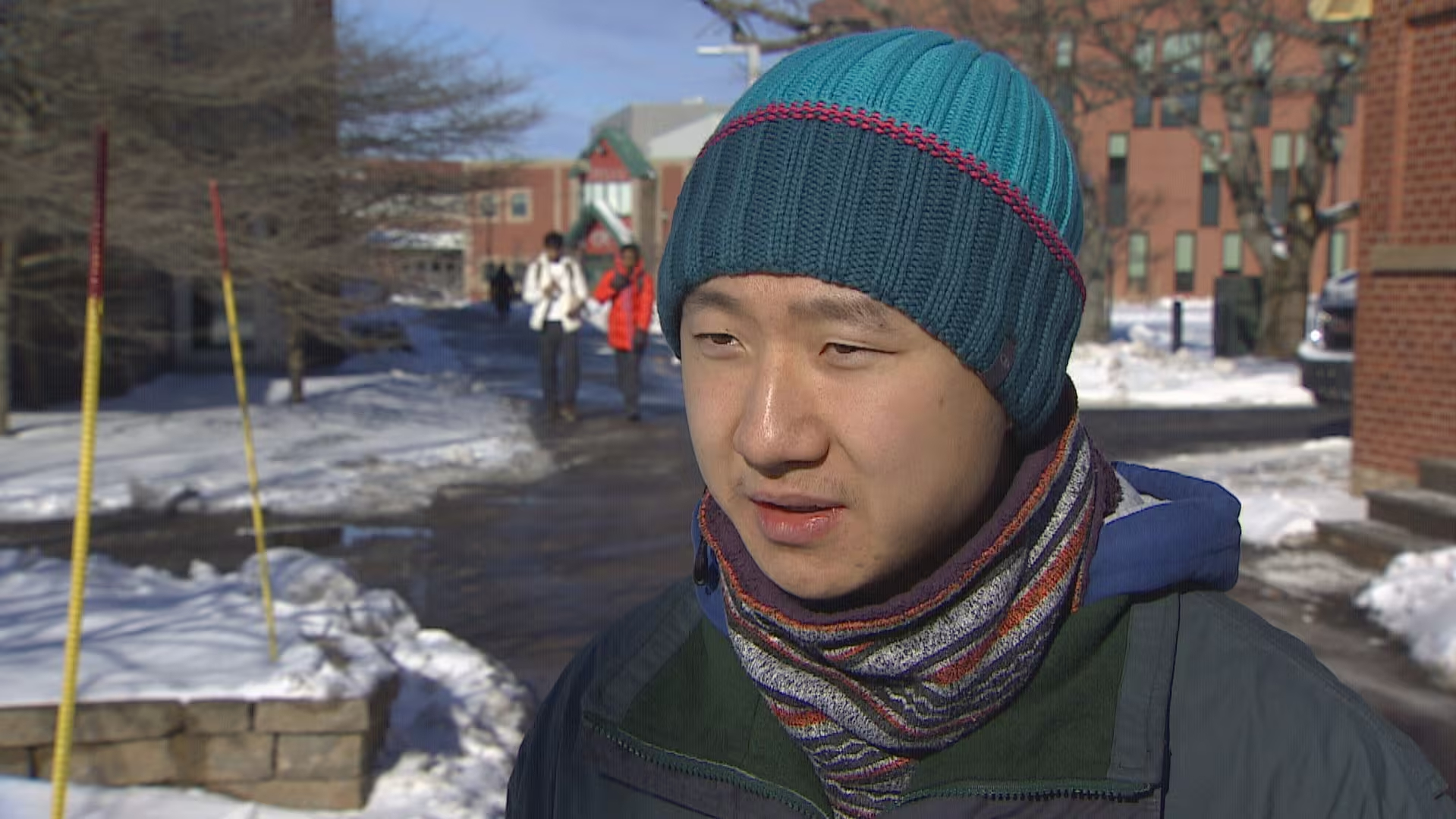
With the holiday season around the corner, many are beginning to feel the strain on their wallets.
Canada’s cost of living has steadily increased, especially over the past couple of years. Even though inflation is down compared to earlier this year, the cost of rent, food, and other daily essentials is still higher than many paid just a few years prior.
Thankfully, there are some ways you can hedge against this. Below, I’ll provide you with some actionable tips and tricks to help you reduce your cost of living in Canada!
What is the cost of living in Canada?
The two most expensive cities in Canada are Toronto and Vancouver. Of the two, Vancouver was the country’s most expensive city, until Toronto took its place in early 2022.
The cost of living for a single person (without rent) is around $1,549 per month, according to consumer data from Numbeo. If you include rent, you can add an extra $2,000-$2,500 per month.
This is just for those looking to afford the big-city lifestyle, though. Thankfully, Canada has plenty of smaller cities and towns where the cost of living is far more affordable.
If you account for all of Canada’s cities and towns, here are some facts about the average cost of living in Canada, using the latest data from Numbeo:
- A single person’s cost of living (not including rent) is $1,377 per month
- A family of four’s cost of living (without rent) is $4,924 per month
- The average meal cost for two people at a mid-range restaurant is $95
- The average rent for a one-bedroom apartment in a city centre is $1,737 per month
- The average rent for a one-bedroom apartment outside of downtown is $1,494 per month
Generally, the more rural of a region you live in, the lower your cost of living will be. While big cities typically offer higher-paying jobs, the cost of living tends to rise as well.
Tips to reduce your cost of living in Canada
Unfortunately, we can’t wave a magic wand to reduce Canada’s high cost of living.
Outside of moving away from big cities (which many are already doing), here are some actionable budgeting tips that you can employ to offset your expenses, start saving more money, and get closer to your financial goals.
1. Use public transportation more often
Canada’s major cities have excellent public transportation systems. In fact, several Canadian cities have ranked among the top public transit systems in the entire world. Notably, Montreal and Toronto ranked as the sixth and seventh best in the North American continent, respectively.
In most cities, you can buy a monthly all-access pass for less than $200. There are often special discounts for students and seniors, as well as military and first responders.
I don’t know about you, but that’s cheaper than most car payments, gas, and hours spent sitting in traffic. Even if you have a vehicle that you still want to drive, using public transportation several days a week is still a great way to save some extra cash. Day passes typically cost less than $10 in most cities.
2. Get a roommate
Depending on which city you live in, the average cost of rent can range between $1,300 and $1,800. In Toronto and Vancouver, you could very well pay double that.
One of the easiest ways to offset this cost is to consider living with a roommate. While sharing your space with others certainly involves a bit of compromise, it can cut your rent costs in half. Who knows — your next roommate could just turn into your best friend!
Just make sure you get to know them a bit before you make a final decision. Go out and have lunch with them and make sure that you’re on the same page when it comes to important topics like:
- Paying rent and bills on time
- Cleaning the common areas
- Having guests over
- Personal habits (playing music, smoking, drinking, etc.)
The better you get along together before you move in together, the better it will be once you’re living together and splitting expenses. Mutual respect is key.
3. Measure your energy consumption
The cost of keeping your house warm in the fall and winter months can become quite costly.
If you haven’t done so already, consider implementing some affordable energy-saving solutions into your home or apartment, such as:
- Placing an insulating film over your windows to keep the heat from escaping
- Installing a smart home thermostat to optimize your energy usage
- Swapping old appliances for newer, more eco-friendly appliances
- Swapping incandescent bulbs for LED bulbs that use a fraction of the energy
4. Take advantage of community resources
While you can certainly have some fun eating out at expensive restaurants or partying at exclusive clubs, this can quickly drain your wallet and hurt your long-term goals.
If you’re trying to save money, but still want to socialize and have some fun, consider:
- Joining a social club
- Attending art events hosted by the city
- Biking or running through Vancouver’s public parks
- Playing chess matches at your local library
- Take advantage of free or low-cost museum days
5. Use couponing and cashback apps
With today’s high cost of groceries, one of the best ways to save money is to use couponing and cashback apps. Free-to-use coupon apps like Drop and Flipp allow you to browse local coupons offered by grocery, retail, and home goods stores in your area.
You can save the coupons directly to your phone and scan them at the register to apply them.
Alternatively, cashback apps allow you to earn cashback from your daily purchases. Once you accumulate enough cashback, you can cash in your rewards for a cheque or a gift card to use at one of your favourite stores.
6. Cook at home and meal-prep
Cooking really isn’t that hard. Essentially, it’s just applying heat to food. I may not be a five-star chef, but I try my best to cook at home whenever possible. YouTube and the internet have millions of hours worth of free, simple, healthy recipes — no matter what type of cuisine you like or what your dietary restrictions are.
Bonus tip: double up the portions when you cook at home so you have leftovers to take with you to work the next day. On average, cooking at home costs 50-75% less than eating out, and often doesn’t take time.
If you use a crockpot or slow cooker, you can even slowly cook your dinner throughout the day, so it’s ready by the time you get home at the end of the night.
Create a solid budget for yourself
At the end of the day, one of the best ways to save more money is to keep track of where your money is going.
This will give you a better picture of your total income and spending, and help you identify spending categories you can cut back on to save money.
Link: https://dailyhive.com/canada/tips-living-more-affordable-canada?fbclid=IwAR2QCv90cOTtNo_lBg01mGXkSkV0Jt50RUAu46V_VAvZlQf95i-N–8zi1w




